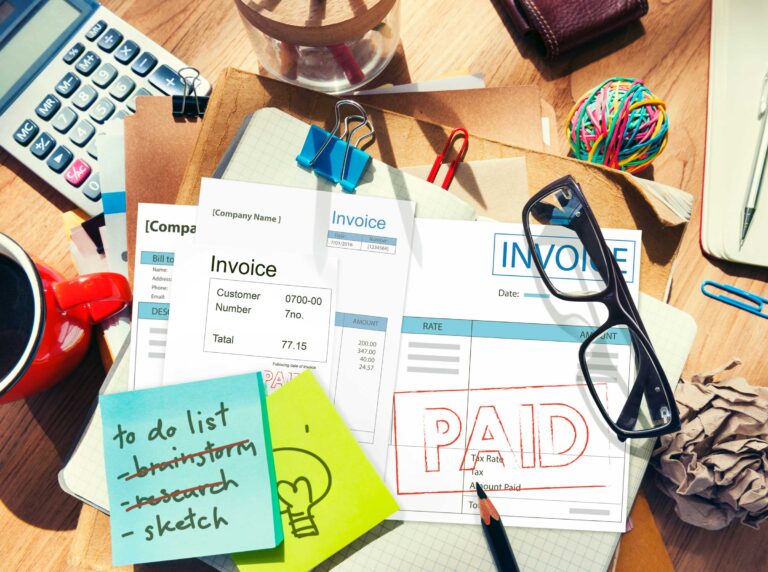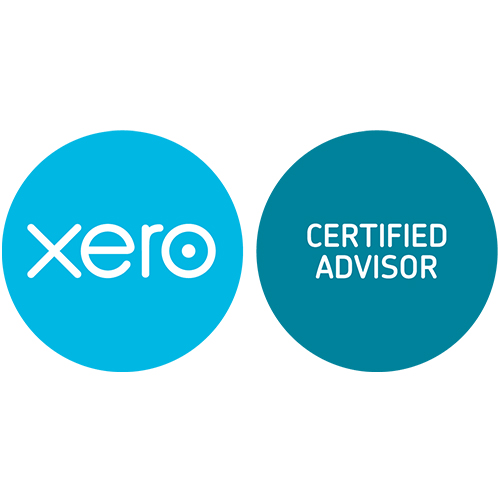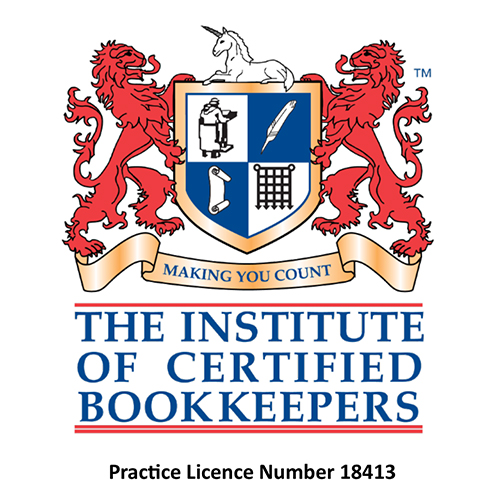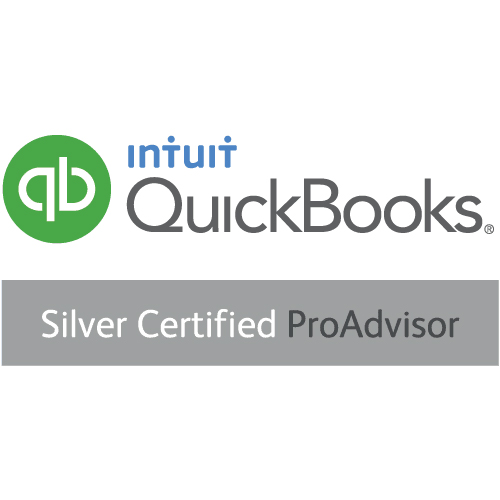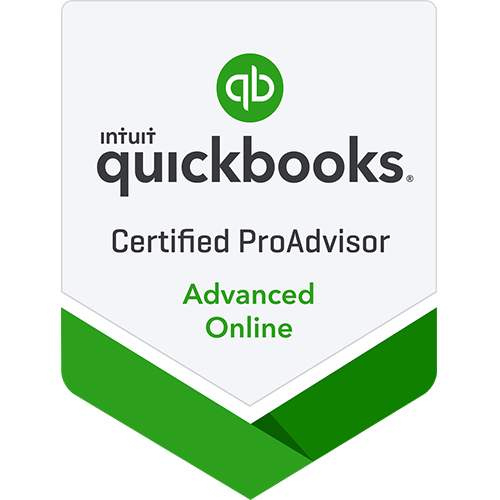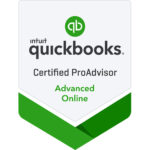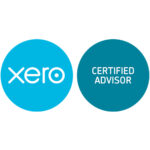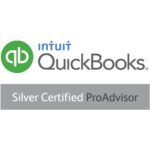Invoicing plays a central role in maintaining financial stability and nurturing client relationships. To enhance the efficiency of this critical process, we’re sharing some best practices in this blog to help you.
Timely Sending of Invoices
Timing is key. Ensure that you send out invoices promptly upon completion of services or delivery of products. This sets a professional tone and expedites the payment process.
In some cases, you might be sending invoices before work has begun, if that’s the case, by sending it promptly, you’re setting the tone of your business from the start.
Develop Professional Relationships
The use of polite language, incorporating expressions like “please” and “thank you,” helps to demonstrate that you are respectful and professional.
Please & thank you can go a long way to creating good working relationships with your clients.
Simplify Your Invoice Structure
Clarity is paramount in invoicing.
Keep your invoices succinct and well-organised, presenting a clear breakdown of charges, the total amount due, and the agreed-upon payment terms. Simplicity mitigates the risk of misunderstandings and facilitates a smoother transactional process.
For more information on what to include on your invoices, read our blog.
Diligent Follow-Up Procedures
Implement a systematic approach to follow up on overdue payments.
Consistent but polite reminders ensure that outstanding payments are addressed promptly, maintaining a healthy cash flow for your business.
Remember, we don’t always know what’s happening in other people’s lives and businesses, so whilst their payment might be late, don’t forget to be polite.
Embrace Online Invoicing Solutions
Transition to online invoicing for efficiency and accuracy.
Digital invoicing not only expedites the payment process but also minimises the potential for errors associated with manual methods.
Online systems often have the option to set reminders as well, which means you don’t have to manually follow up on unpaid invoices, unless they run over the reminders.
Clearly Defined Terms and Conditions
Establish transparent terms and conditions related to payments.
Clearly articulate payment terms, late fees, and any other relevant information at the start of working with someone. This transparency minimises the risk of disputes and ensures that both parties understand their obligations.
Take this one step further by ensuring this information is in your contracts. This will further protect you should you run into any problems.
Maintain Open Lines of Communication
Foster open communication channels regarding invoicing matters.
Proactively address any issues or concerns related to payments, reinforcing transparency and trust with your clients.
By being approachable and understanding your clients are more likely to let you know if there’s going to be an issue, before it happens. It also makes talking to them about paying you much less scary.
Follow Tax Obligations
Be aware of your tax obligations associated with your business income. Allocating a portion of your earnings for taxes is a great way to prepare for your tax return.
Following this best practice should help things to run as smoothly as possible but nothing is ever perfect. Payments are one of the trickiest things about running a business but getting it right can make a huge difference to your motivation and your bottom line.
If you need further advice or information about invoicing, we’d love to hear from you.


